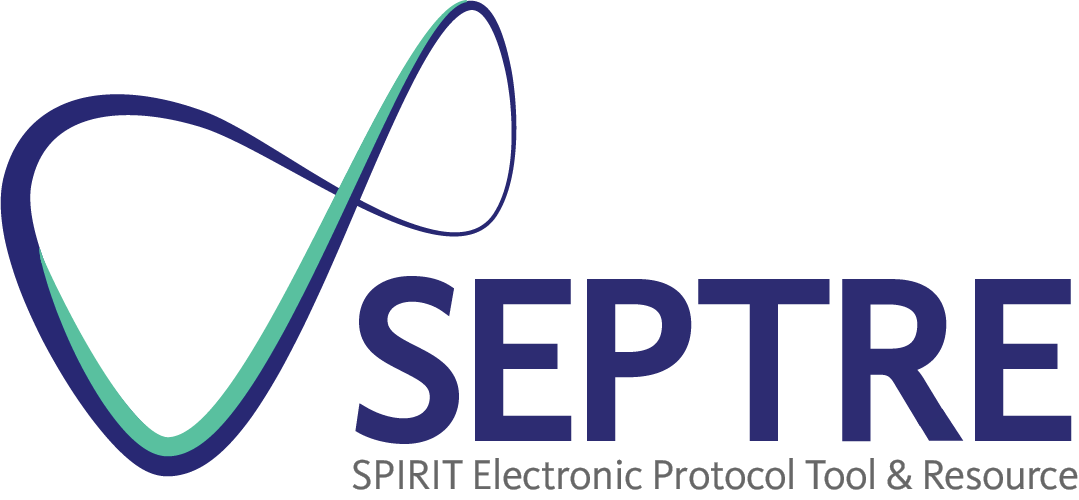Item 26b: Additional consent provisions for collection and use of participant data and biological specimens in ancillary studies, if applicable.
Example
“6.4.1. Samples for Biorepositories
Additional biological samples will be obtained to be stored for use in future studies of the pathobiology of FSGS [focal segmental glomerulosclerosis]. A materials consent will be obtained to specifically address the collection of these . . . urine, serum and plasma specimens . . .
14.3.4. Instructions for Preparation of Requests for an Ancillary Study
. . . A signed consent must be obtained from every participant in the ancillary study, if the data collection/request is not covered in the original informed consent process for the main FSGS Clinical Trial.
. . .
A copy of the IRB [Institutional Review Board] letter for the ancillary study should be sent to the DCC [Data Coordinating Center]. If a separate consent form is required for the ancillary study, a copy of the signed ancillary study consent form for each study participant must be included in the FSGS-CT [Focal segmental glomerulosclerosis – Clinical Trial] record. A data file tracking all signed ancillary consent forms must be maintained by the ancillary study and an electronic copy of that file must be delivered to the FSGS-CT DCC.”267
Explanation
Ancillary studies involve the collection or derivation of data for purposes that are separate from the main trial. The acquisition and storage of data and biological specimens for ancillary studies is increasingly common in the context of clinical trials (Item 33). Specimens may be used for a specified subset of studies or for submission to biorepositories for future specified or unspecified research.
Ancillary studies have additional processes and considerations relating to consent, which should be detailed in the protocol. Guidance for the creation of a simplified informed consent document for biobanking is available.358 Participants can be given several options to consider with respect to their participation in ancillary research: consent for the use of their data and specimens in specified protocols; consent for use in future research unrelated to the clinical condition under study; consent for submission to an unrelated biorepository; and consent to be contacted by trial investigators for further informational and consent-related purposes. This is commonly referred to as tiered consent. Participants should also be informed about whether their withdrawal from the ancillary research is possible (e.g., the data and specimens are coded and identifiable); what withdrawal means in this context (e.g., used specimens and data derived from them cannot be withdrawn); and what information derived from the specimen-related research will be provided to them, if any.
| 26a: Consent or assent | 27: Confidentiality |

